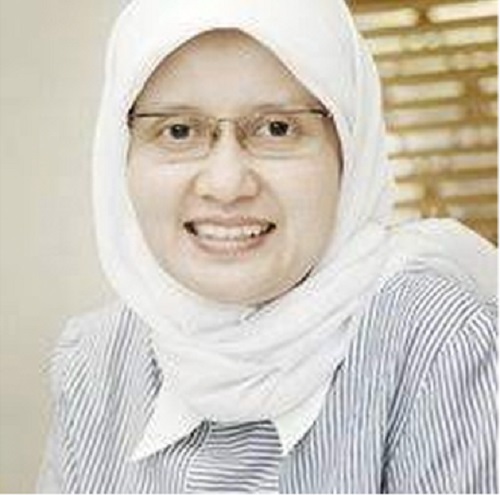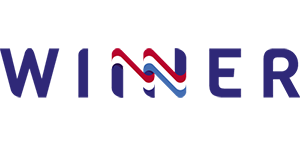Living Labs in complex rural landscapes – Connecting Knowledge to Action
Speakers

Rico Lie
Social Anthropologist, the Research Group Knowledge, Technology, and Innovation at Wageningen University (WU)

Ilse Ronner
Researcher at the Research Group Communication, Participation and Social-Ecological Learning at Van Hall Larenstein University of Applied Sciences

Loes Witteveen
Leads the Research Group Communication, Participation and Social Ecological Learning (CoPSEL) at Van Hall Larenstein University of Applied Sciences and works with the Knowledge, Technology, and Innovation (KTI) group, Wageningen University

Prof. Dr. Tri Retnaningsih Soeprobowati
Professor in the Department of Biology, Faculty of Science and Mathematics, Universitas Diponegoro (UNDIP), Indonesia.

Peter van der Maas
Professor of Sustainable Water Systems, Van Hall Larenstein University of Applied Sciences. After studies Environmental Science in Groningen and Environmental Hygiene in Wageningen

Faisal Risq Efendy M.Sc.
Product Designer and Graduate Student specializing in Interaction Technology at the University of Twente

Dr. Lailan Syaufina
Professor Specializing in Forest Protection, Focussing on Forest Fire Management, at the Department of Silviculture, Faculty of Forestry and Environment, IPB University

Jan Fliervoet
Senior Researcher of the research group Communication, Participation and Social Ecological Learning (CoPSEL)

Nurdahalia Lairing, M.Sc.
Lecturer and Researcher at the Research Center for Communication, Social Ecological Learning and Sustainable Environment (CoSeLSe) at University of Muhammadiyah Enrekang

Dr. Ir. Dwina Roosmini
Professor in the Environmental Engineering Department and the Head of the Environmental Management Technology Research Group, Faculty of Civil and Environmental Engineering, Institut Teknologi Bandung (ITB)
Event Details
This session analyses experiences with Living Labs in complex rural and coastal landscapes with a transdisciplinary lens and the ambition to connect knowledges to action. The session elaborates on research through participation in Living Labs in different thematic fields. Collaborative teams of Indonesian and Dutch universities will present their experiences. The outcomes are based on the three-dimensional model and the life cycle model for the analysis of Living Lab dynamics.
After an introduction, the first contribution features Living Lab Enrekang as a collaborative platform embedded in a complex rural landscape. It brings together local government departments and academic institutions from Indonesia and the Netherlands. The session critically reflects on how governance challenges within the platform Digital Farmer Field School can affect the sustainability of co-created solutions.
This is followed by the universities ITB and HVHL who are partners in integrated river management Living labs: Living Lab Upper Citarum and Living Lab Delta East. These Living Labs focus on public – policy interactions resulting in the elaboration of innovative methodologies such as poetry routes and visual problem appraisal.
The third contribution presented by diverse Dutch and Indonesian knowledge institutes collaborating in action research on peatland restoration and conservation with the creation of virtual Living Labs to crosse distances and reach larger audiences.
After these introductions an interactive event with the participating audience is envisioned. The researchers will challenge the participants to reflect on achievements as realised and challenges experienced over the past years and the associated dynamics. The obtained insights and the corresponding implications for adapting learning environments for transdisciplinary approaches in higher education will be addressed.
Envisioned takeaways from the session:
- Participants can recognise the complexity of Living Labs in rural and coastal landscapes with fragile ecosytems..
- Participants are informed about different ambitions and methodologies of Living labs in rural and coastal contexts.
- Participants can connect the challenges of institutional participation in Living Labs with contemporary challenges of learning design in Higher Education



